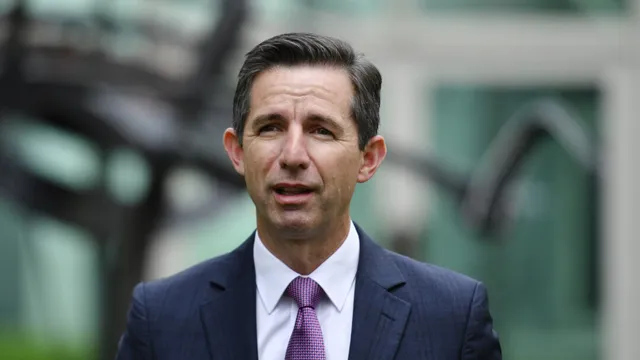
Debate over Gazan refugees in Australia
2024-08-20 08:36- Australia faces criticism over granting visas to Gazan refugees.
- Debate arises over potential ties to Hamas among Gazan refugees.
- Opposition leader expresses national security concerns regarding the refugee intake.
Express your sentiment!
Insights
Prime Minister Anthony Albanese is under pressure regarding the government's decision to fast-track nearly 3,000 visas for Palestinian refugees fleeing the conflict in Gaza. During a recent Question Time, Albanese was repeatedly questioned by opposition leader Peter Dutton about the cancellation of any of these visas, particularly in light of concerns that some refugees may have ties to Hamas. Albanese, however, did not provide a clear answer, emphasizing that the government is guided by security agencies in its visa processes. The Labor government has issued 2,922 visas to Palestinians, including over 2,500 tourist visas, with many applicants seeking asylum. Critics, including Dan Tehan, the opposition's immigration spokesperson, argue that visitor visas lack the rigorous security checks required for asylum seekers from other conflict zones. Albanese defended the visa process, stating that security assessments are conducted consistently, regardless of the visa type, and that the same standards were in place under the previous Coalition government. Amidst the political debate, voices from the Palestinian community in Australia highlight the trauma and challenges faced by those fleeing Gaza. Many express a desire for understanding and support rather than suspicion, emphasizing their commitment to contributing positively to Australian society. The ongoing discourse reflects broader tensions regarding national security and humanitarian responsibilities, with calls for a balanced approach to refugee admissions. As the debate continues, opposition figures like Shadow Foreign Minister Simon Birmingham warn that the government's approach may inadvertently benefit groups like Hamas, raising concerns about the implications for social cohesion and safety in Australia.
Contexts
On August 18, 2024, amidst the conflict in Gaza, US Secretary of State Blinken advocated for a cease-fire and the release of hostages, emphasizing it as the 'last opportunity' to end the war between Israel and Hamas. The following day, on August 19, Israel agreed to a cease-fire proposal to ease tensions in Gaza, with efforts from the U.S., Egypt, and Qatar to broker peace in the Middle East. However, Hamas and Islamic Jihad claimed responsibility for a suicide bombing in Tel Aviv on the same day, injuring one person, and warned of further attacks in retaliation. Moving forward to August 20, Israel successfully recovered the bodies of British hostage Nadav Popplewell and five other hostages from Gaza, who were held captive by Hamas since the initiation of the attack on October 7. Additionally, Australia and Indonesia finalized a new bilateral defense treaty on the same day, aiming to enhance military capabilities and strengthen ties between the two countries. Furthermore, on August 20, US Secretary of State Blinken confirmed Israel's openness to compromise with Hamas to secure a deal and end the Gaza conflict, offering hope for peace in the region. However, concerns raised by Peter Dutton regarding potential security risks tied to refugees from Gaza faced backlash, sparking debates on national security priorities. Lastly, amid escalating violence, Hamas accused the US of stalling Gaza ceasefire talks while Israeli forces caused casualties in Gaza, prompting diplomatic visits by Secretary of State Blinken to facilitate an agreement for peace.